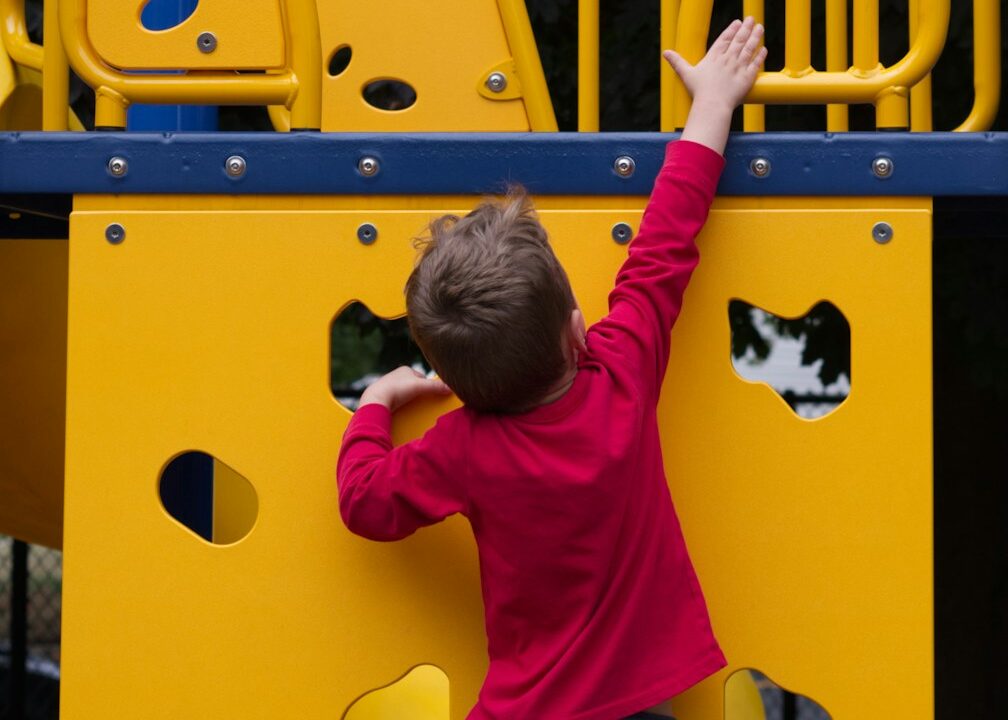Click here to read a short summary of this post.
ABA therapy builds confidence in children with autism by providing structure, positive reinforcement, and opportunities to develop essential skills. Through skill-building, independence, and positive social interactions, children become more self-assured and empowered.
Confidence is a key factor in helping children thrive. For children with autism, confidence can be built through structured learning, skill-building, and positive reinforcement. Applied Behavior Analysis (ABA) therapy is an evidence-based approach that empowers children with autism to develop essential skills, build independence, and ultimately, increase their self-confidence.
This post will cover how ABA therapy helps children with autism grow in confidence by creating a supportive learning environment, using positive reinforcement, and focusing on skill-building that encourages independence.
Key Takeaways
ABA therapy uses structured routines and positive reinforcement to help children gain confidence.
Skill-building is at the core of ABA therapy, encouraging children to master new tasks.
ABA therapy provides opportunities for social success, further boosting confidence.
Building Confidence with Structured Learning
Children with autism often feel more comfortable with structure and predictability. ABA therapy provides a clear and consistent learning environment where they know what to expect. When children can anticipate routines and understand the expectations set for them, they’re more likely to feel secure and open to learning.
How structured learning builds confidence:
- Consistency reduces anxiety: With regular routines and predictable sessions, children are less anxious, which helps them engage more confidently.
- Setting clear goals: ABA therapy focuses on specific, achievable goals, which can range from simple tasks to more complex behaviors. When children achieve these goals, they experience a sense of accomplishment, reinforcing their self-belief.
- Breaking down tasks: ABA therapists break skills down into manageable steps, helping children gain confidence by mastering each step gradually. This incremental progress builds a sense of competence.
Positive Reinforcement as a Confidence Booster
One of the core strategies in ABA therapy is positive reinforcement. When children achieve a desired behavior, they receive positive feedback, which can come in the form of praise, rewards, or even access to a preferred activity. Positive reinforcement not only motivates children to continue practicing new skills but also boosts their self-esteem.
How positive reinforcement builds confidence:
- Rewarding accomplishments: Recognizing and rewarding even small accomplishments helps children feel valued and capable.
- Encouraging repetition: Positive reinforcement encourages children to repeat desired behaviors, building mastery and confidence in those skills.
- Promoting a positive self-image: When children receive praise for their achievements, they start to see themselves as capable and successful, which enhances their confidence over time.
Fostering Independence Through Skill-Building
ABA therapy is designed to help children build a range of functional skills, from basic communication to self-care and social interactions. The ability to complete tasks independently fosters a sense of competence and autonomy, which is crucial for confidence.
Key skill areas in ABA that promote confidence:
- Communication skills: ABA therapy helps children develop both verbal and non-verbal communication skills, empowering them to express their needs and desires. Knowing they can communicate effectively boosts their confidence in social situations.
- Daily living skills: Learning self-care tasks, like brushing teeth or getting dressed, builds independence. When children master these everyday tasks, they gain confidence in their ability to take care of themselves.
- Problem-solving skills: ABA teaches children how to approach challenges and problem-solve, equipping them with tools to navigate different situations confidently.
Encouraging Social Success
Social interactions can be daunting for children with autism, but ABA therapy helps them develop skills to navigate these interactions with more confidence. ABA therapists work on social skills in a step-by-step manner, teaching children how to make eye contact, take turns, share, and respond to social cues.
How ABA promotes confidence in social settings:
- Guided practice: ABA therapy offers safe, structured environments for children to practice social interactions, helping them feel more comfortable.
- Building positive interactions: By fostering successful social experiences, ABA therapy helps children feel confident when interacting with others.
- Reinforcing social achievements: When children experience positive social interactions, their confidence grows, making them more likely to engage in future social settings.
Wrapping Up: How ABA Therapy Builds Confidence in Children with Autism
ABA therapy builds confidence in children with autism by providing structured learning, positive reinforcement, skill-building, and social success. As children gain independence, achieve their goals, and experience positive social interactions, their self-confidence naturally grows. At Belay On, we are committed to empowering children to reach their potential, one skill at a time, through a supportive and confidence-boosting approach to ABA therapy.
FAQs About ABA Therapy and Confidence Building
How does ABA therapy help children gain confidence?
ABA uses structured routines, positive reinforcement, and skill-building to help children feel capable, independent, and self-assured.
Can ABA therapy help my child with social confidence?
Yes, ABA therapy focuses on developing social skills and providing safe practice opportunities, which can make children feel more comfortable and confident in social interactions.
What skills does ABA therapy teach that promote independence?
ABA therapy teaches daily living skills, communication, and problem-solving, all of which help children become more independent and confident.
Is positive reinforcement essential for building confidence in ABA therapy?
Yes, positive reinforcement encourages children to repeat desired behaviors and provides them with validation, building their self-esteem and confidence.
Will ABA therapy help my child feel more comfortable in new environments?
By building essential skills and providing consistent, structured learning, ABA therapy can help children feel more prepared and confident in unfamiliar settings.
Who is Belay On?
We are a North Texas Autism Services company, providing the best standards of care to children in our community that have been diagnosed with autism. Principally Applied Behavior Analysis, or ABA is the bedrock of our in home services.

